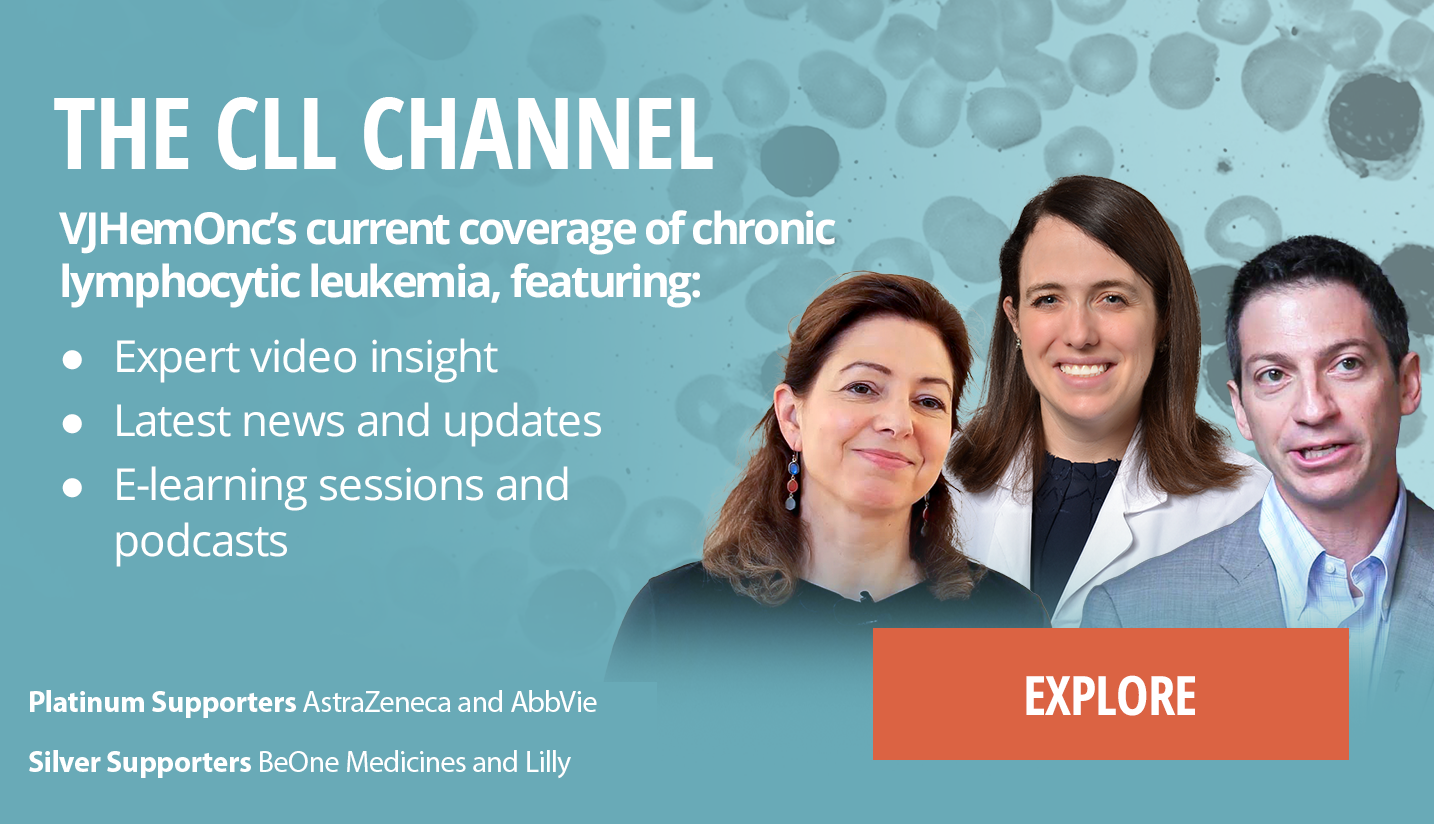I think we are not yet there for a cure, maybe we can, with the new options that we have now, including the bispecific antibodies but we of course need to prove that. But I do think that we have enough tools to really go for a smart combination, the shortest way possible, give patients a very long drug-free holiday and then reshuffle the drugs that we have and go again for a time-limited treatment, and then again for a treatment-free survival of a long time...
I think we are not yet there for a cure, maybe we can, with the new options that we have now, including the bispecific antibodies but we of course need to prove that. But I do think that we have enough tools to really go for a smart combination, the shortest way possible, give patients a very long drug-free holiday and then reshuffle the drugs that we have and go again for a time-limited treatment, and then again for a treatment-free survival of a long time. And in that way, I think it’s still not a curable disease, but then it’s really becoming a chronic disease where you have phases that you’re really good and phases that you deteriorate so you need a short period of treatment and then you’re good to go again.















